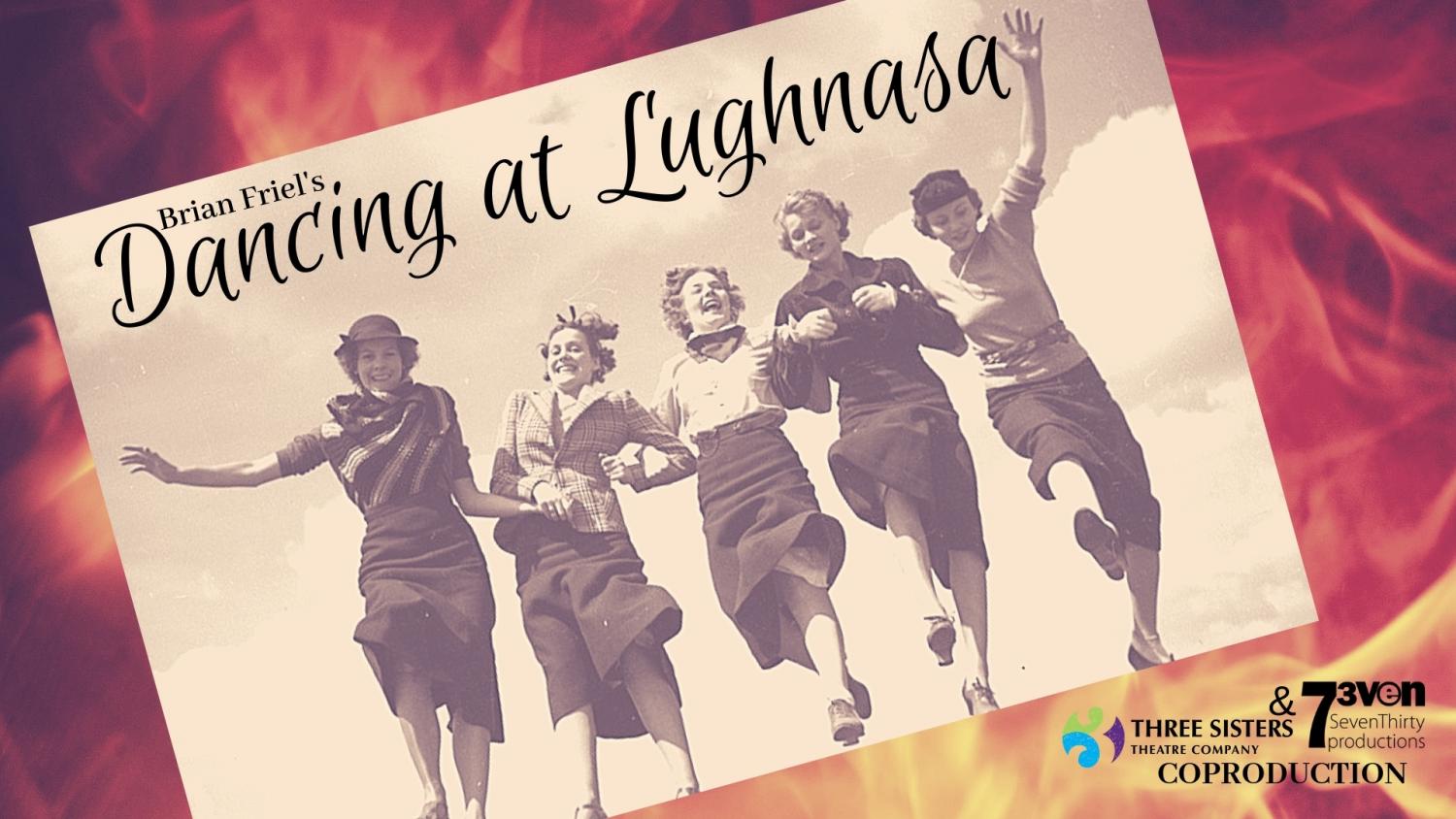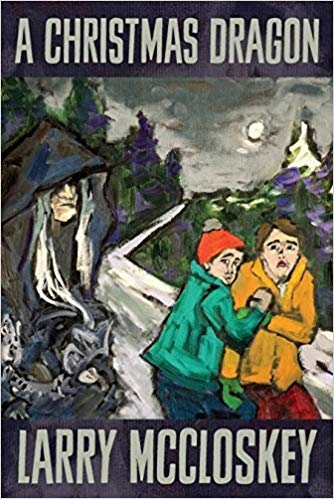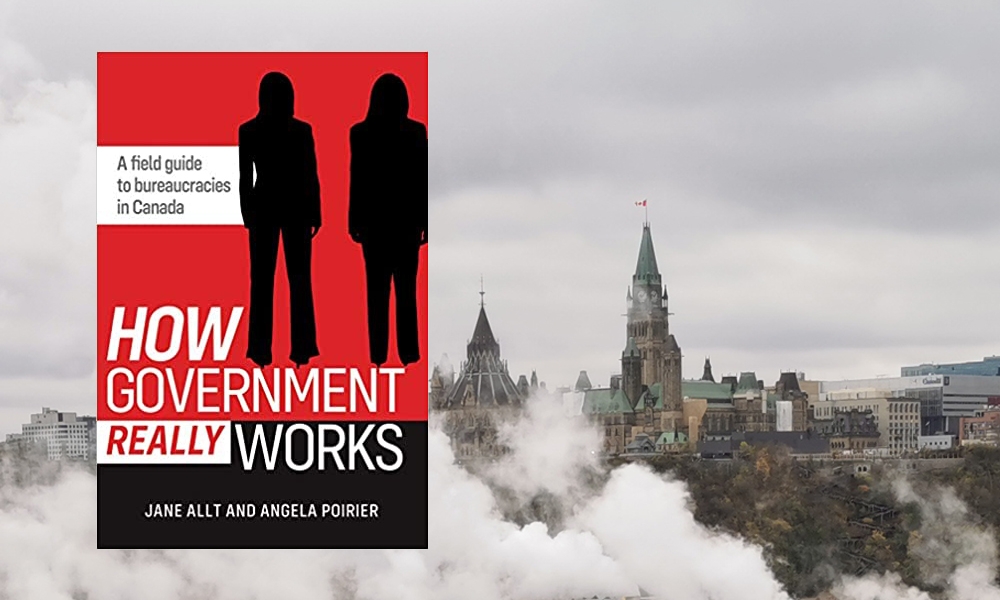
Dancing at Lughnasa by Brian Friel
Ottawa's Three Sisters Theatre Company & SevenThirty Poductions opened their adaptation of revered Irish playwright, Brian Friel's award winning Dancing at Lughnasa, directed by John P. Kelly.
Dancing at Laghnasa is the story of five spinster sisters who share the family home with their older brother, outside of the fictional village of Ballybeg in Northern Ireland.
If life is a dance then these five ladies have been given a very small stage and little to celebrate. Their dance is about dealing with the hardships of poverty and the social and physical isolation of living in a rural home. Micheal Evans narrates the story of his boyhood in the late summer of 1936 with his unwed mother, four aunts and ailing great uncle, Father Jack.
The play deals with ritual, belief and the consequences of not adhering to the social norms of the day. The sisters love to dance around the house listening to music piped in from their new radio which they have nicknamed Marconi. These moments are joyous and short-lived as they are always tempered by their sister Agnes' stern warning about dance being inappropriate behaviour for middle-aged Catholic women. Even when Agnes gets temporarily caught up in the glee of the music and busts a groove, it is not a happy dance and reflects her emotional distress and social isolation.
Father Jack has been sent home from his missionary work in Uganda. Though his health is fragile his sister's learn that this is not the reason for his banishment. Instead of spreading Christianity in far off lands, it seems that Father Jack was dabbling in native paganism. Ironically, he is the one responsible for bringing the radio into the house, that has somewhat normalized the pagan-like behaviour in the home.
Dancing runs a fine line between communicating love for each other, love for life and the celebration of pagan ritual.
The first half of the play is a nostalgic look at the innocence of youth just before a young boy's world fell apart. There was hope that summer as his mother and absentee father reconnect and dance around the garden, with promises of a new bike from his father and the belief that his ailing uncle's physical health was improving. In the second half of the play the demise begins as the music from the on-again-off-again radio goes silent and the dancing halts. Aunt Agnes loses her job as a school teacher, aunts Rose and Kate run away, Michael's wanderlng father enlists to fight in a foreign war and things don't end as expected for Father Jack.
Vivian Burns, Cindy Beaton, Robin Guy, Shawna McSheffrey and Linda Webster do a wonderful job portraying the Mundys sisters while Philip Merriman, playing the Welsh traveling salesman and father to Michael, infused the sad homestead with a burst of light and energy. Tom Charlebois, in his maiden role, seemed perfectly paired to the role of Father Jack.
You won't be dancing your way out of the theatre as J.T. Morris' character Micheal Evans' closing soliloquy evoques the memories and hurt he felt, brought on by the breakdown of his family as it was, in the summer of 1936.
The play is a dance akin to a conversation: it is sometimes sad, often very touching and leaves you with lots to think about.
Dancing at Laghnasa is closing its run early due to concerns over Covid-19. Catch it Saturday March 14 and Sunday March 15 at the Gladstone Theatre.








